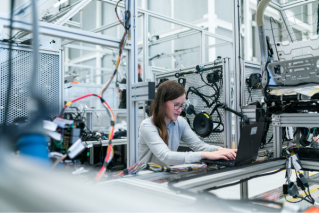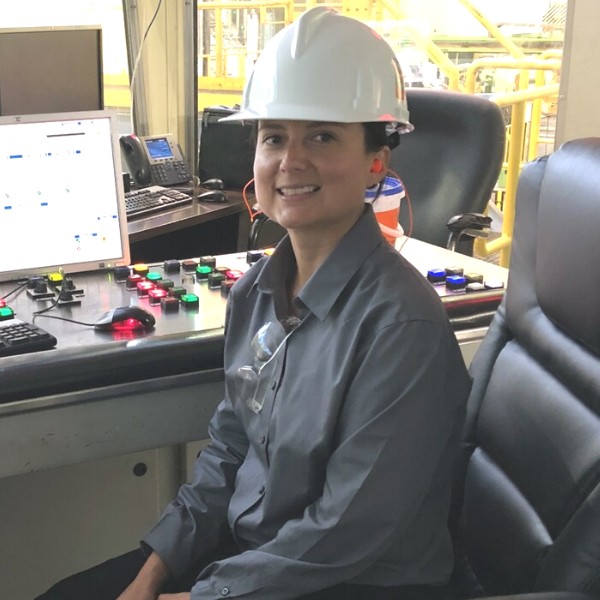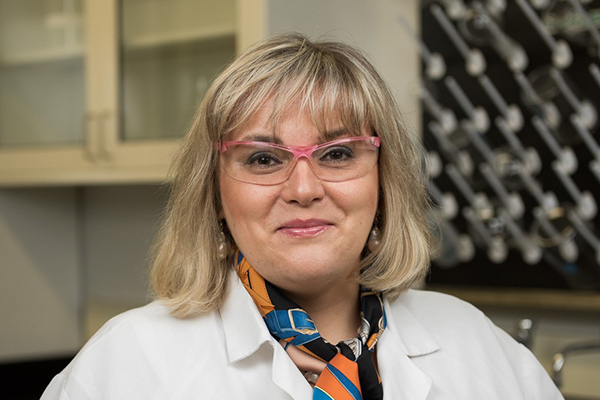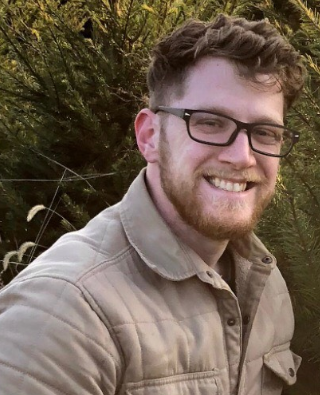
Participating in scientific conferences has helped me learn about different roles and research fields across a variety of industries reliant on chemistry, assisting me in finding jobs that fit my interests. Even seasoned scientists must work to stay informed about the latest research trends. Luckily, conferences provide a fantastic platform for keeping abreast of cutting-edge discoveries, cultivating one’s curiosity, and exposing oneself to diverse perspectives. Additionally, the leadership opportunities at conferences, where one can actively contribute by presenting findings, leading discussions, and to network with fellow scientists have enriched my career and enabled me to reach Senior Scientist at Sutro BioPharma.
Best Practices
- Identify Talks of Interest: Use the conference agenda and pinpoint talks that align with your professional interests. Make sure you can get to the different locations.
- Highlight Headliner Sessions: Review the different headliners and focus on different speakers that you are interested in and who is at the top of their field.
- Avoid Being Overwhelmed: Scientific conferences often feature hundreds of technical talks. Strategically plan your schedule to avoid information overload.
- Leverage Poster Sessions: Take advantage of poster sessions as an efficient way to absorb a diverse range of research topics quickly and meet the people conducting the research.
- Stay Off Your Phone: Bring paper or a computer/tablet to take notes on and avoid getting distracted by your phone.
- Socialize: Actively participate in networking opportunities such as evening receptions or coffee meet ups, engage in conversations with fellow attendees, and foster professional relationships.
- Set Networking Goals: Define specific goals for networking, such as connecting with professionals in your field or seeking collaborations.
- Participate in Q&A Sessions: Contribute to the discussion by participating in Q&A sessions, showcasing your expertise and fostering meaningful interactions.
- Balance Session Attendance: Strike a balance between attending technical talks and poster sessions to gain a comprehensive understanding of the research landscape.
- Follow Up: After the conference, follow up with contacts, share insights gained, and solidify connections made during the event. This is often the most rewarding and missed step.
Leveraging these tips will ensure a productive and rewarding conference experience.
Staying attuned to research trends, developing working collaborations, and growing a personal network are all integral to a vibrant scientific career, especially given how readily layoffs can happen. Fortunately, attending conferences and being an active participant can help with all three and help develop a successful career.
About the Contributor

Dr. Jennifer Schmitt, a biotech scientist, has broad analytical experience working with everything from small molecules to biologics. She enjoys solving industrial problems through different techniques and instrumentation. She is currently a senior scientist in biopharma. Dr. Schmitt has been an active member of ACS since her graduate school days, contributing to various leadership committees along the way.
This article has been edited for length and clarity. The opinions expressed in this article are the author's own and do not necessarily reflect the view of their employer or the American Chemical Society.











